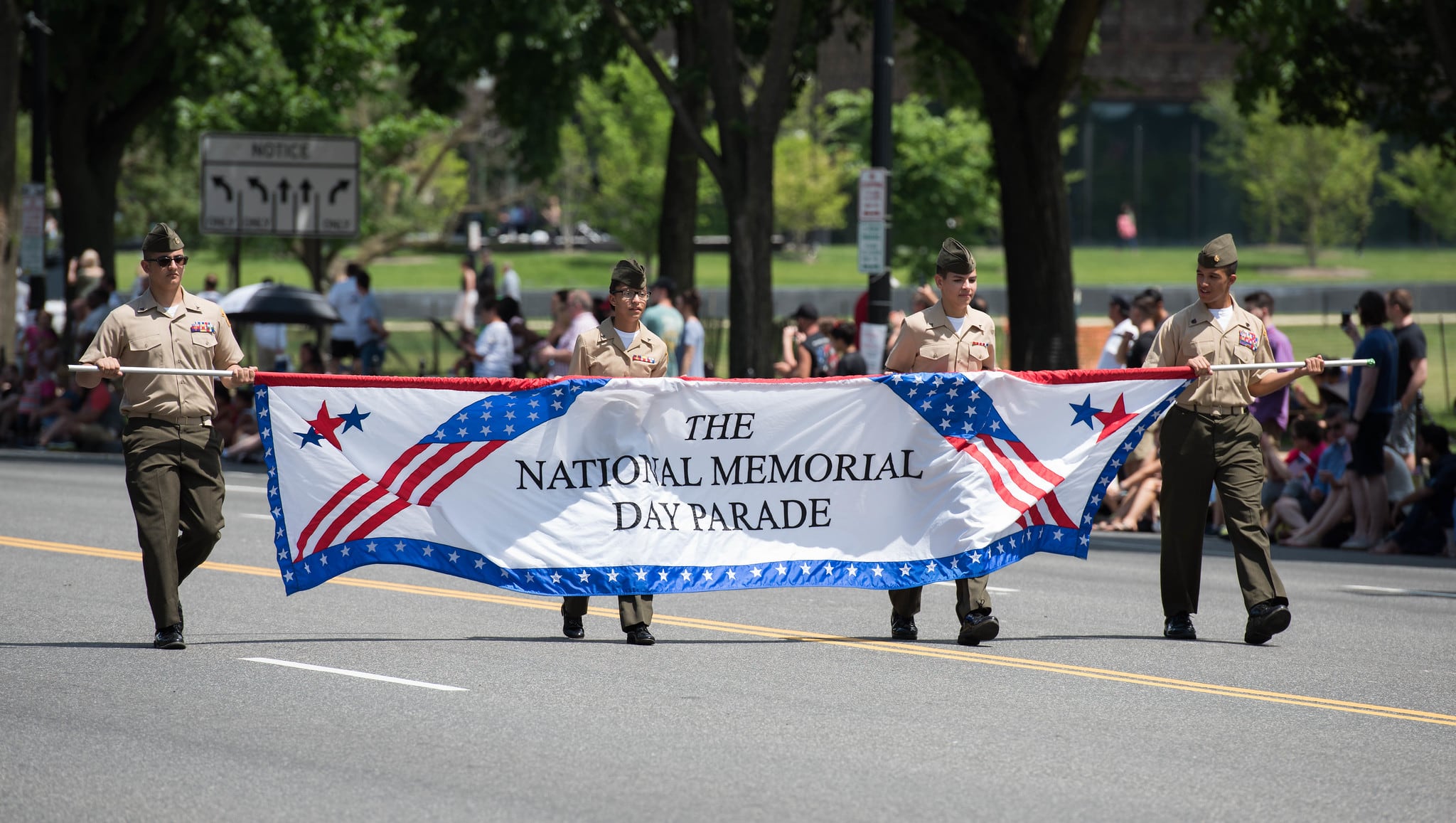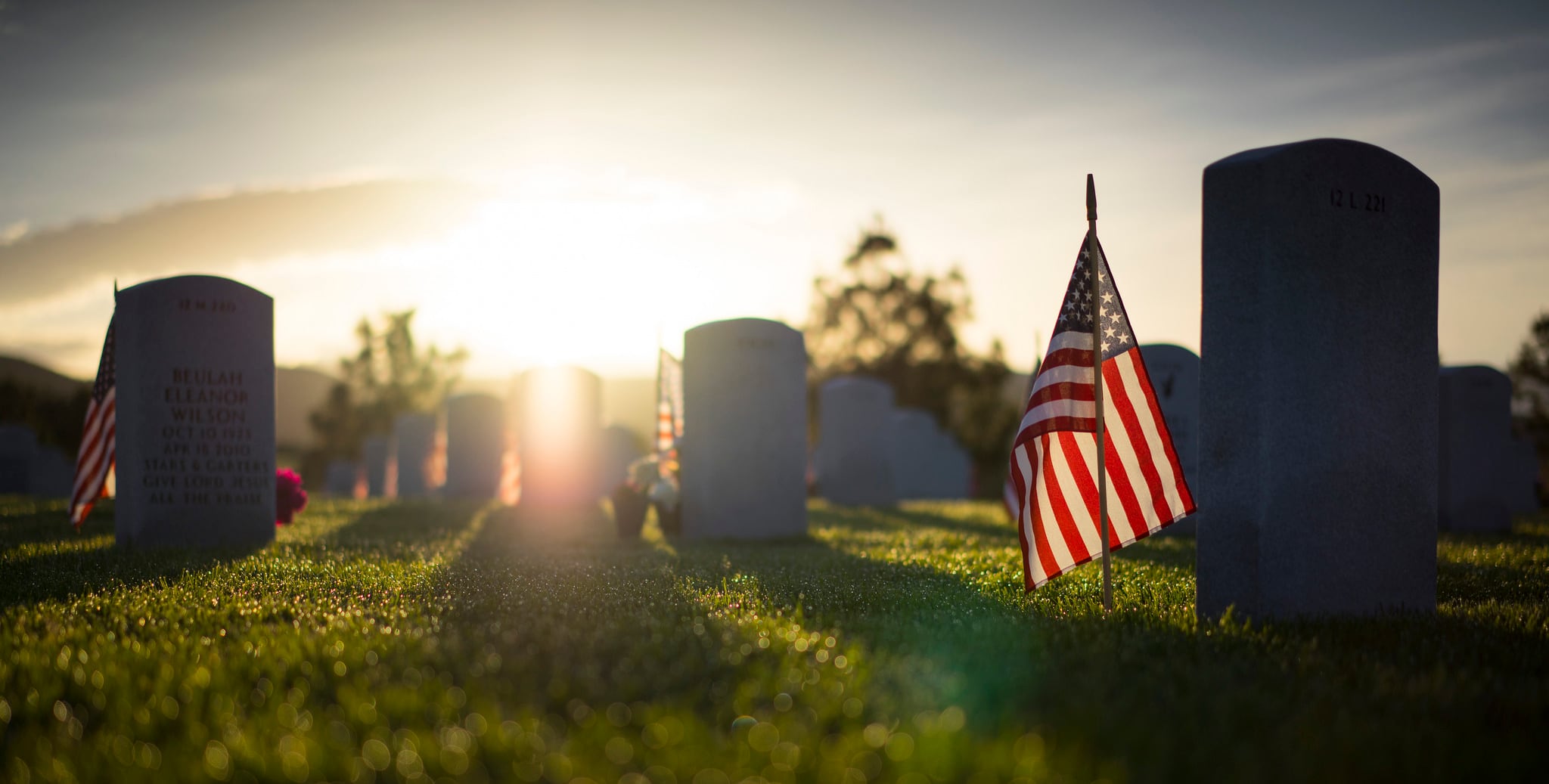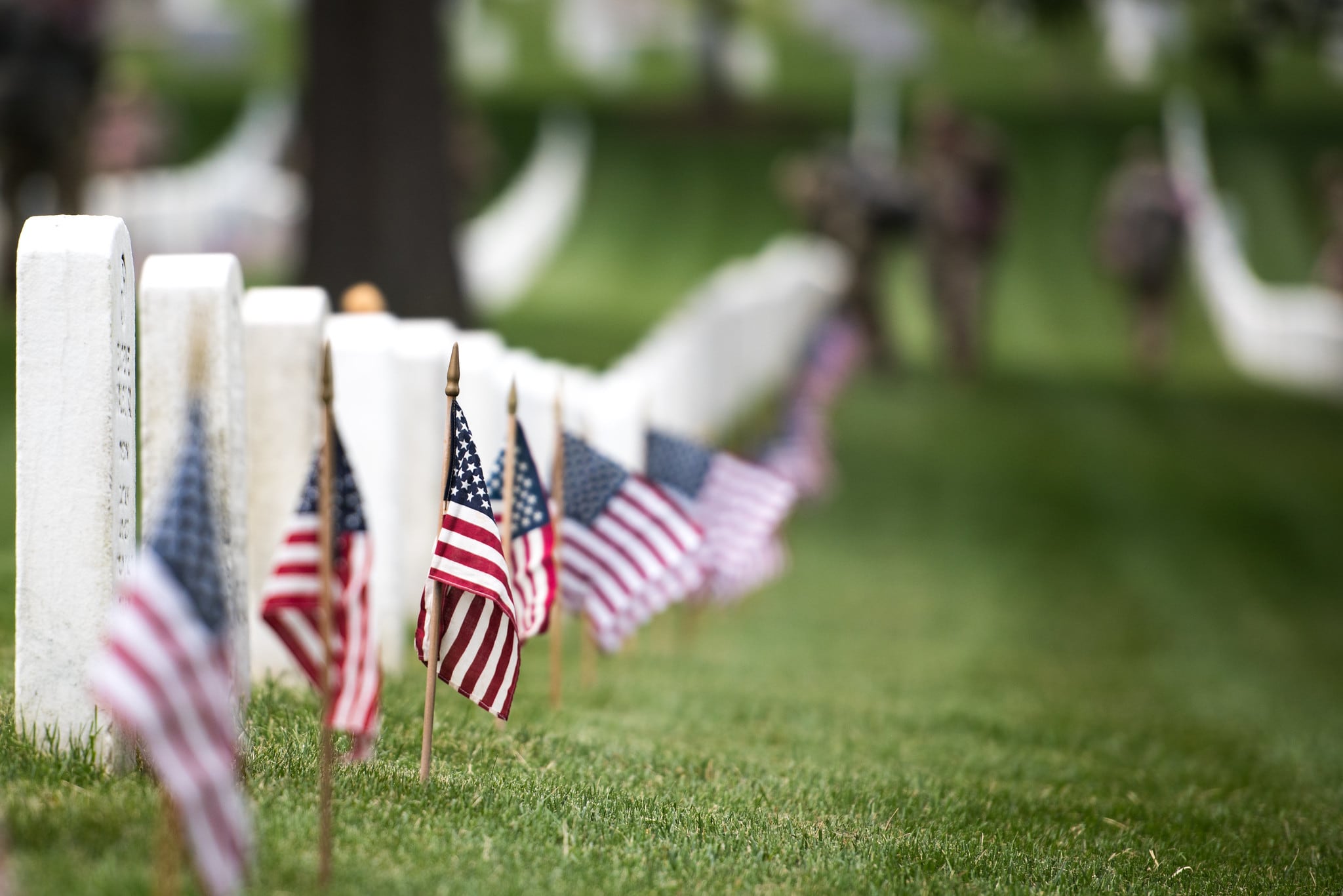Seventy-five years ago, a war was won. It was won because men and women were willing to sacrifice their lives so others could be free. In addition to the 291,577 U.S. service members that the Defense Department lists as World War II “battle deaths,” another 113,842 are labeled “other deaths in service.” While Americans traditionally honor our fallen battlefield heroes on Memorial Day, the COVID-19 pandemic is a reminder that pestilence can be as deadly as bombs and bullets.
During the Spanish American War, 60 soldiers from the all-black 24th Infantry Regiment volunteered to serve as nurses. Thirty-six would later die of yellow fever or malaria. Two decades later, the flu would kill nearly 16,000 U.S. soldiers and Marines in France. Another 30,000 American service members died in stateside camps during World War I and its immediate aftermath. These men and women could have isolated safely in their homes. But they had an important job to do. A mission to accomplish. A mission to serve.
Service on the frontlines was a calling for Marine Gunnery Sgt. John Basilone. After earning a Medal of Honor for his heroic actions at Guadalcanal, he returned to the United States and participated in war bond tours and parades in 1943. Yet he yearned to return to the action.
His request to the Marine Corps was finally granted and on Feb. 19, 1945, he was killed during the invasion of Iwo Jima after leading a tank through a minefield and using his considerable fighting skills to destroy an enemy blockhouse. Memorial Day is to honor heroes like John Basilone.
RELATED

The organization that I am privileged to lead, The American Legion, also believes Memorial Day is a time to honor heroes like Army Spc. Lori Piestawa. Born on the Navajo Nation Reservation in Tuba City, Arizona, Piestawa drew fire when her convoy came under attack during a 2003 ambush in Nasiriyah, Iraq. She drove at a high speed and evaded much of the fire until a rocket-propelled grenade caused her Humvee to crash into a tractor-trailer. She later died in an Iraqi hospital.
These are just a couple of the stories from the million American service members who have died in wars from the American Revolution through the Global War on Terrorism. I believe these men and women would also want us to honor the sacrifices made by those considered “other deaths in service.”
They would want us to honor the Vietnam veteran who succumbed to Agent Orange exposure a decade after the war ended. Or perhaps the soldier who died from radiation poisoning after participating in atomic testing at the Marshall Islands.
Military service is inherently dangerous. Even during peace time, helicopters crash and training exercises can turn tragic. That is why under the safest conditions, seasoned airborne soldiers still feel an adrenaline rush when jumping out of airplanes.
RELATED

In the war against coronavirus, the health-care workers are our infantry. Everyday doctors, nurses and emergency medical technicians risk their lives for us simply by showing up for their shifts. Unsurprisingly, a high number of military veterans enter second careers as first responders. Too many of these heroes have already died because they tried to help others.
Social distancing requirements and other safety measures will make Memorial Day 2020 unique from previous observances. What is unchanged, however, is that America has no shortage of heroes to honor. So, while we continue to remember those who were killed by enemy fire on battlefields, let us also reflect on those who lost their lives and are remembered as “others.”
I don’t think John Basilone and Lori Piestawa would object.
James W. “Bill” Oxford is national commander of The American Legion, the nation’s largest veterans organization, www.legion.org.
Editor’s note: This is an Op-Ed and as such, the opinions expressed are those of the author. If you would like to respond, or have an editorial of your own you would like to submit, please contact Military Times managing editor Howard Altman, haltman@militarytimes.com.





